Midwifery Nursing
Midwifery Nursing
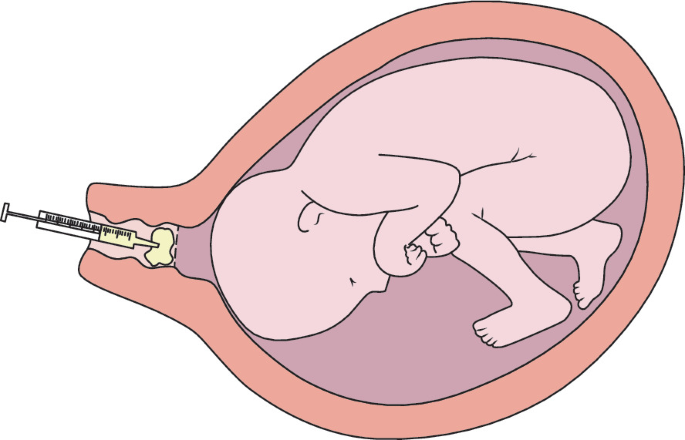
INDUCTION OF LABOUR
Definition: Induction is the initiation of labour by artificial means Labour should be induced for medical or obstetrical reasons.&n...
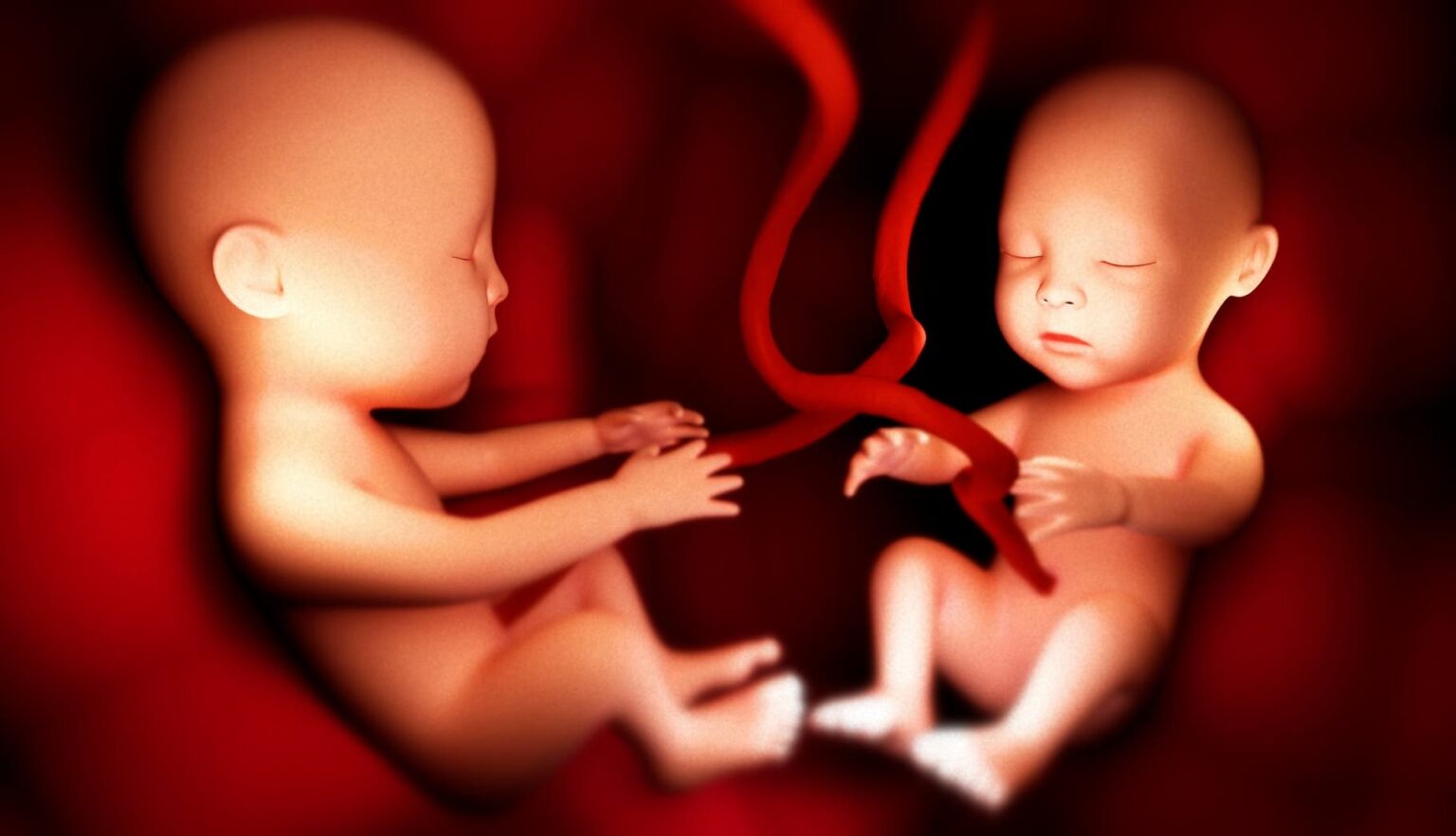
Multiple Pregnancy
Multiple Pregnancy
Definition:-
When more than one fetus simultaneously deve lops in the ut...

OBSTEYRC INSTRUCTIONS
CORD-CLAMP (DISPOSABLE)
It is made of plastic and is supplied in a sterile pack. The serrated surface and the lock m...

Assisted Reproductive Technologies(ART)
Assisted Reproductive Technologies(ART)
Assisted reproductive technology (ART) is the technology used to achieve pregnancy in procedures such as fertility medication, ...


Oligohydramnios
Oligohydramnios
It is a condition in pregnancy characterized by a deficiency of amniotic fluid.
It is an extremely rare condition where the liquor amni...
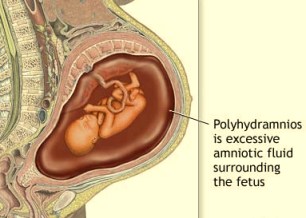
Polyhydramnios
Amniotic Fluid Volume Disorders
There are two chief abnormalities of amniotic fluid:
Polyhydramnios
Oligohydramnios

Eclampsia
Eclampsia
Eclampsia is a disorder of pregnancy characterized by seizures in the setting of pre-eclampsia. Typically, the pregnant wo...
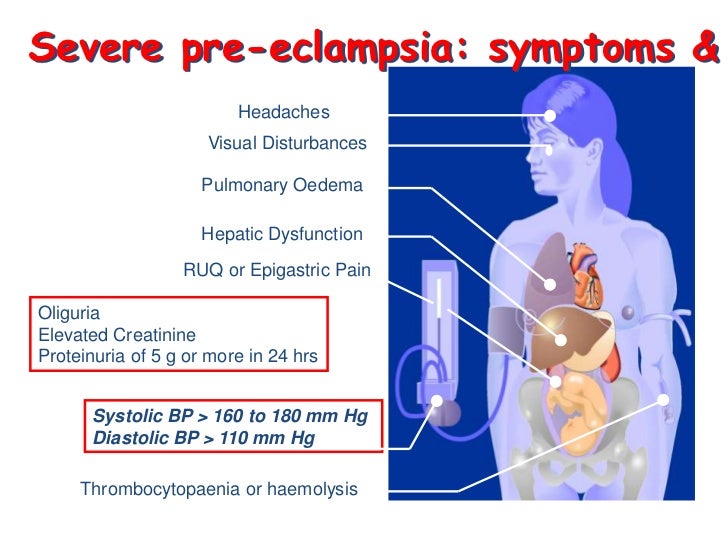
Pre-Eclampsia
Pre-Eclampsia
Pre-Eclampsia is a disorder of pregnancy characterized by the onset of high blood pressure and often a significant amount of protein in the urine. The co...

Normal Puerperium
Normal Puerperium-
Puerperium is period from the expulsion of the placenta to the time the reproductive organs returns to pregravid state lasts 6 weeks'.
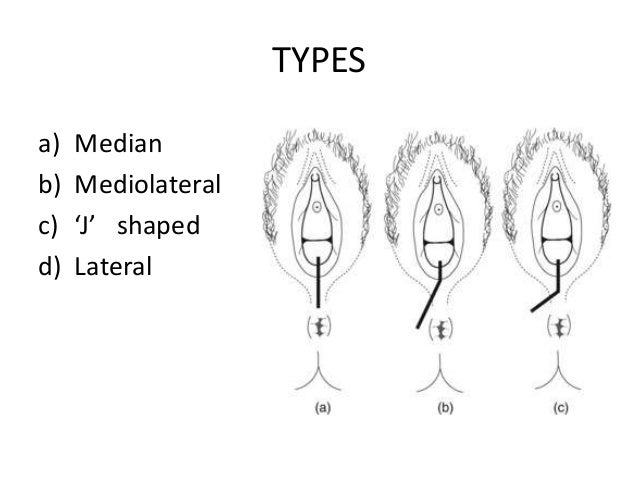
Episiotomy
Episiotomy
An episiotomy is the surgical incision made to enlarge the vaginal opening for delivery of the baby’s head. An episiotomy involves incision fourchette...
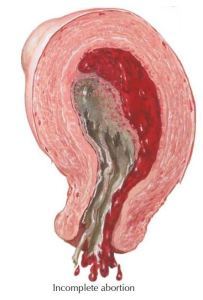
Abortion
Abortion
Expulsion from the uterus of an embryo or fetus prior to the stage of viability, which is 20 weeks gestation, or fetal weight less than 500gm.
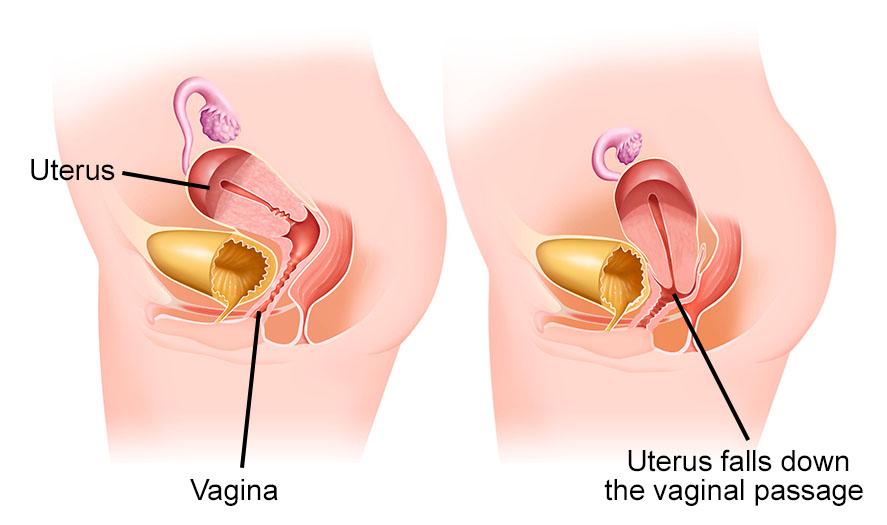
Prolapse Uterus
Prolapse Uterus
Uterine Prolapse is when the uterus descends towards or through the opening of the vagina.
The descent of the uterus and the vagina from its ...
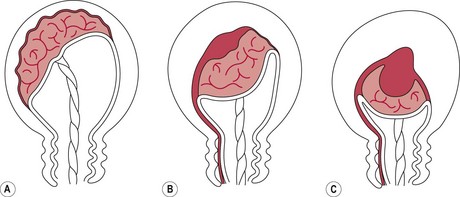
The third stage of labour
The third stage of labour is that of separation and expulsion of the placenta and membrane. It lasts from the birth of the baby until the placenta is expelled. You will now learn about the physi...

Second Stage of labour
Second Stage of labour-
The basic principles in the management of the woman in the second stage of labour is to prevent injury to the mother and the foetus. The durati...
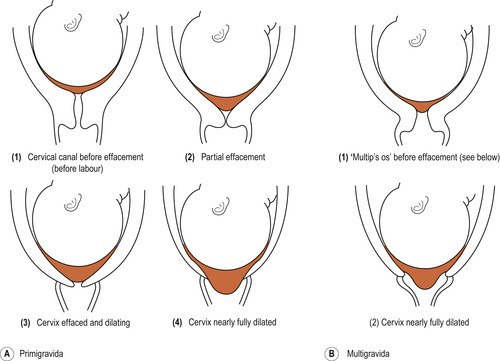

Hyperemesis gravidarum
Hyperemesis gravidarum-
Hyper- Excessive
Emesis- Vomit
Gravidarum-Pregnancy
Hyperemesis gravidarum refers to excessive nausea and vomitin...
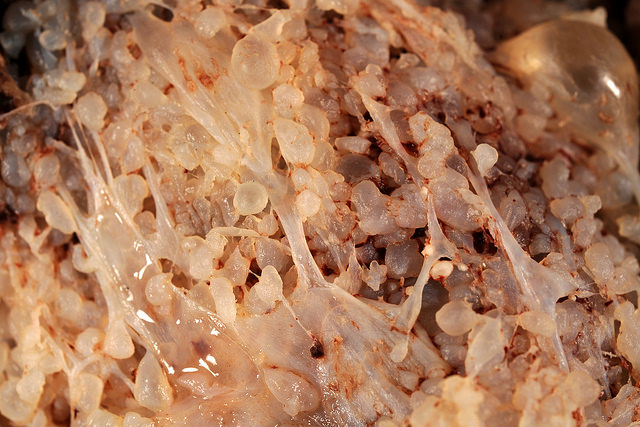
Hydatidiform Mole
Hydatidiform Mole or Vesicular Mole
It is a pregnancy where chorionic villi are transformed into mass of translucent vesicles like bunch of grapes, the incidence is ab...
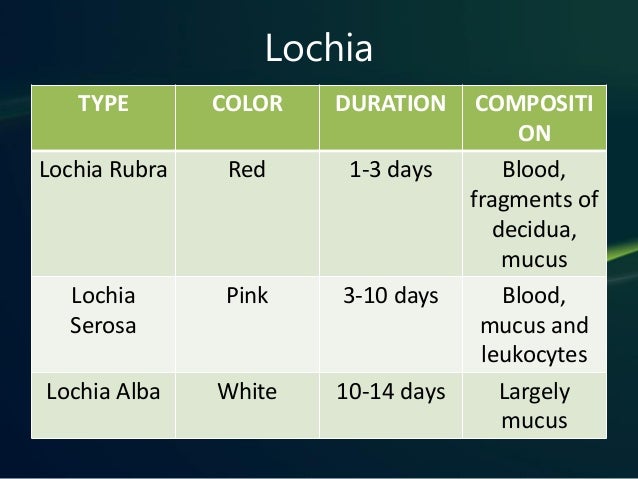
Lochia
Lochia-
It is the vaginal discharge for the first fortnight during puerperium. The discharge originates from the uterine body, cervix and vagina.
For the fir...
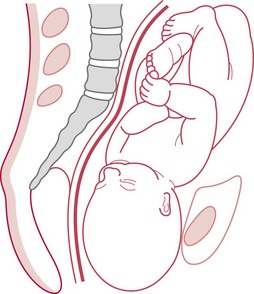
Mechanism of Normal Labor
Mechanism of Normal Labor-
The series of movements that occur on the head in the process of adaptation during its journey through the pelvis is called mechanism of lab...
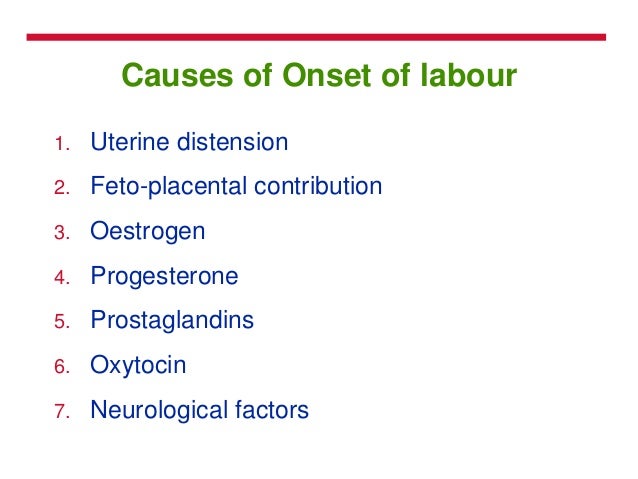
Cause of Onset of Labour
Labour- is a physiological process during which products of conception are expelled outside the uterus.
Cause of Onset of Labour-

Fetal Presentation
Fetal Presentation
Fetal presentation is determined by the part or pole of the fetus that first enters the pelvic inlet.
“The term Fetal present...

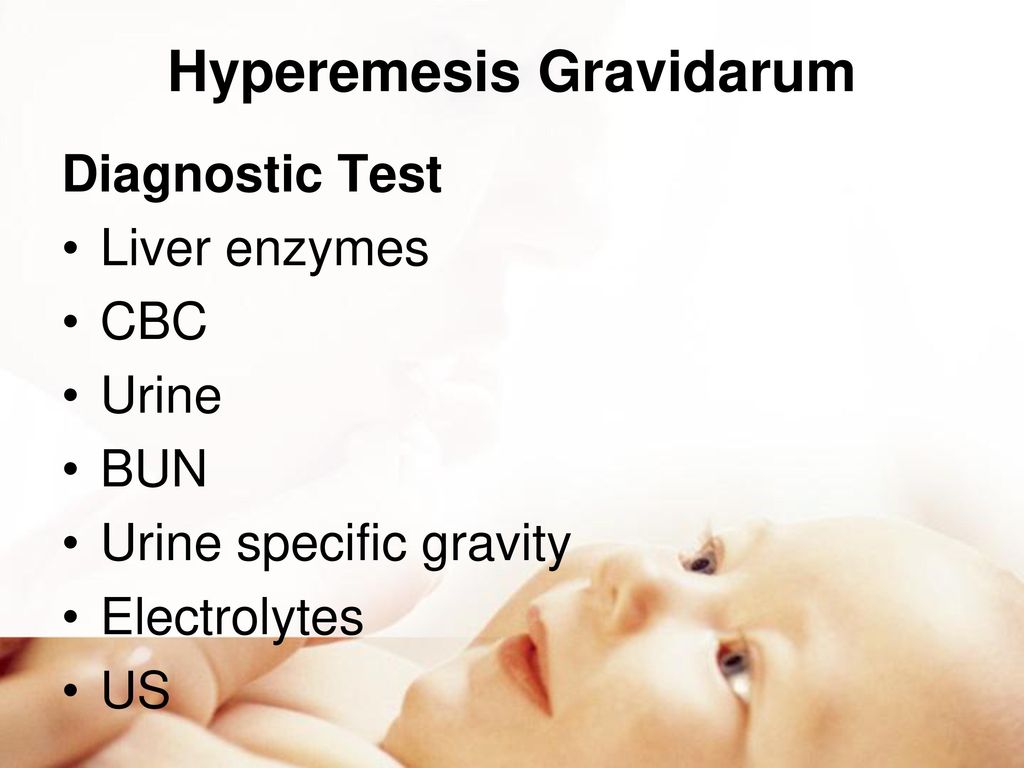
Hyperemesis Gravidarum-
Hyperemesis Gravidarum-
Hyperemesis gravidarum is vomiting during pregnancy that is so severe it leads to dehydration, electrolyte and acid–base...
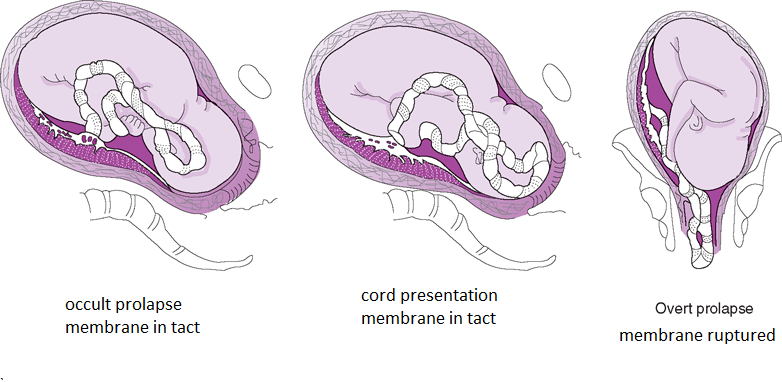
Prolapse of the Umbilical Cord
Prolapse of the Umbilical Cord
Prolapse of the umbilical cord is when the cord lies below the presenting part of the fetus. The cord may prolapse in front of the prese...
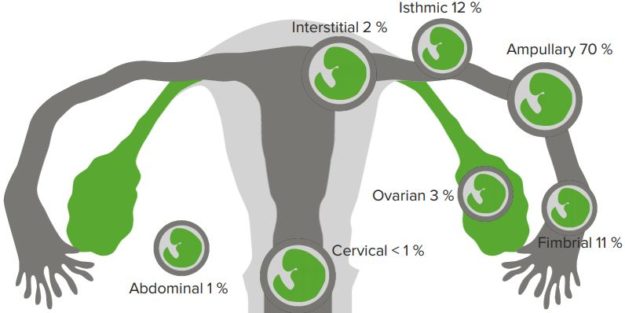
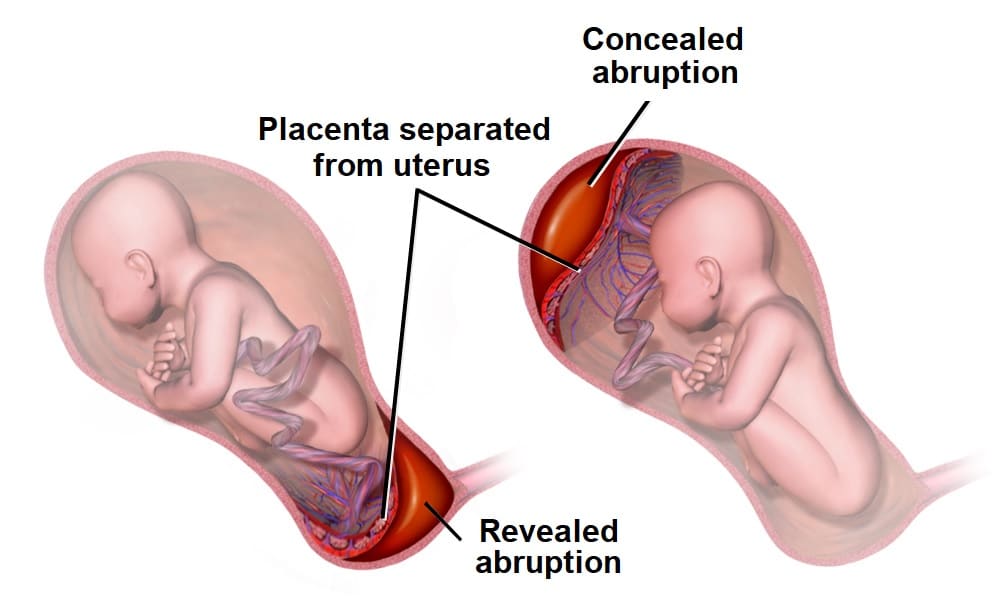

DIAGNOSIS OF PREGNANCY
DIAGNOSIS OF PREGNANCY-
The diagnostic confirmation of pregnancy is based on a combination of the presumptive, probable, and positive changes/signs of pregnancy.
...
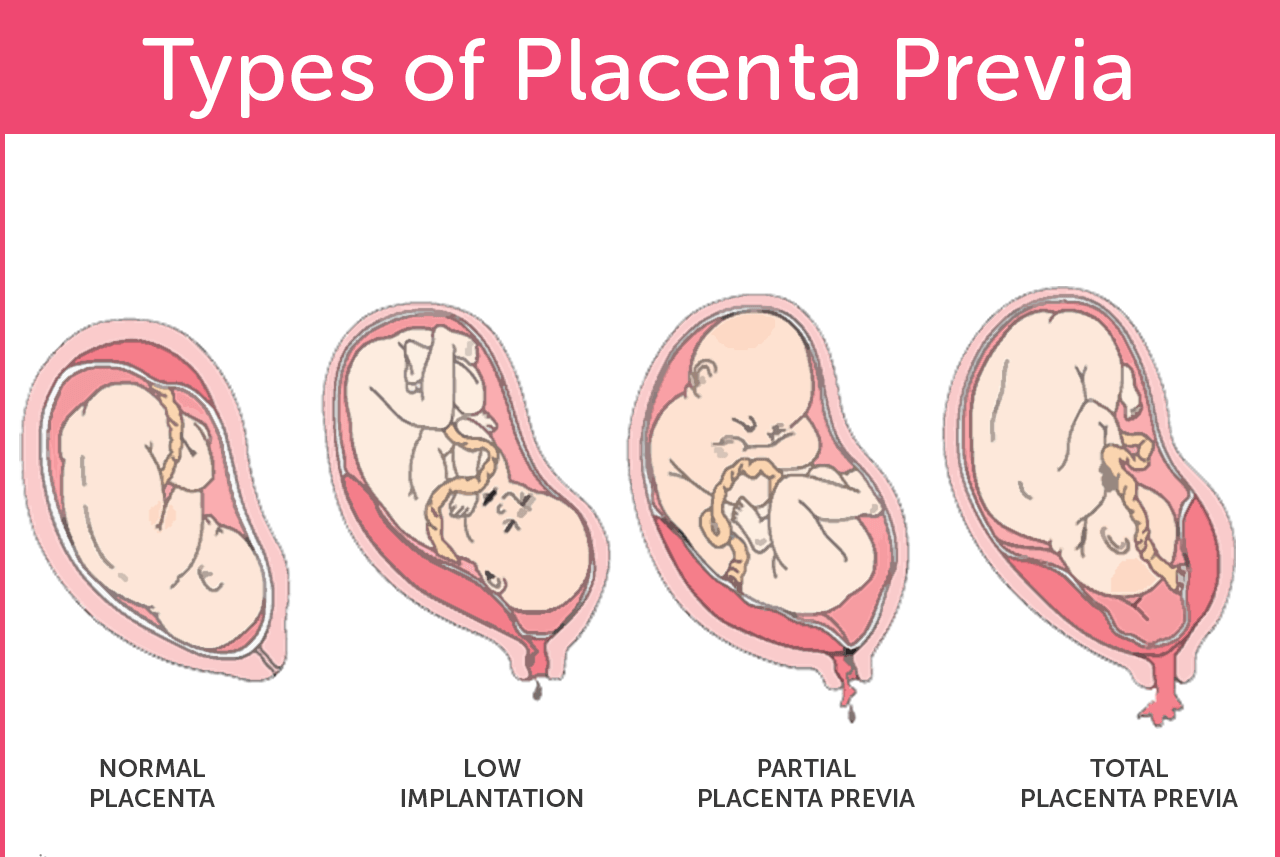
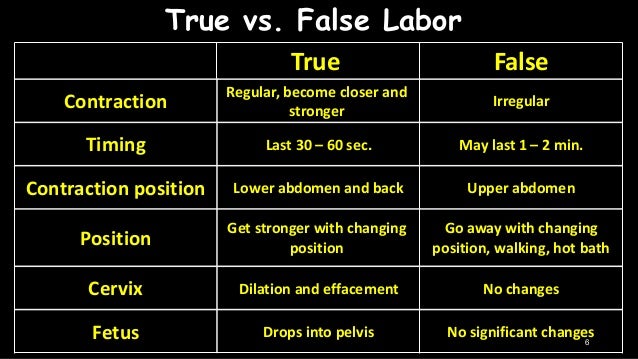
True labor pain&False labor pain
Terminology-
✔️Multipara -is one who has completed two or more pregnancies to the stage of viability or more.
✔️ A primigravida...
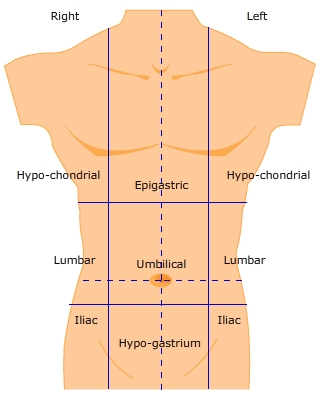

Menstrual Cycle
Menstrual Cycle
Definition
Menstruation is monthly uterine bleeding for 4-5 days in 28 days cycle during rep...
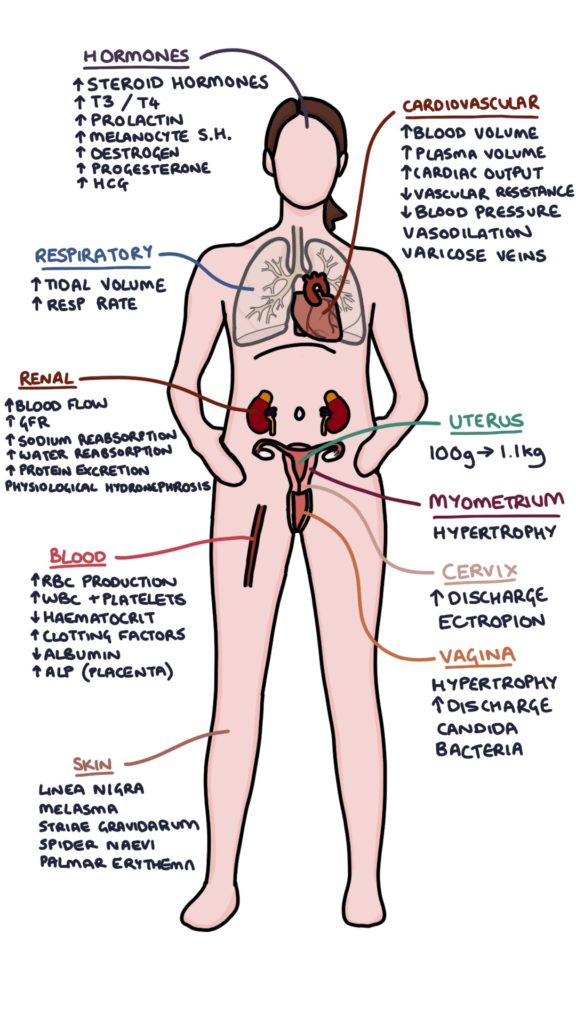
Physiological Changes During Pregnancy
Physiological Changes During Pregnancy
1. Cardiovascular System-
Circulating blood volume increase, plasma volume increase and total re...
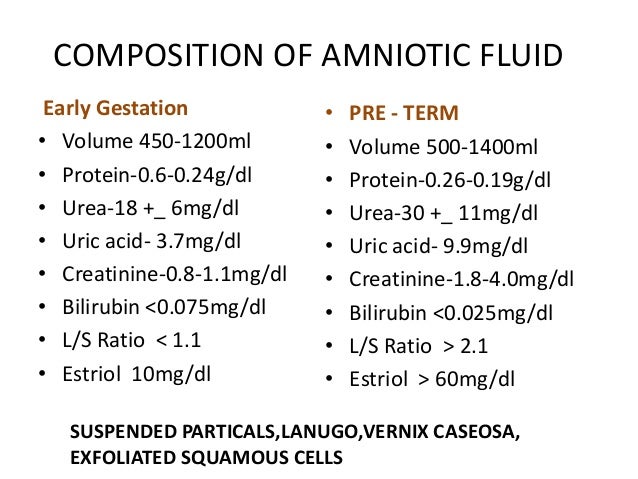
Amniotic Fluid
✔️Amniotic Fluid -
The precise origin of the liquor amnii is still not well understood. It is probably of mixed maternal and fetal origin.
Circ...

Fetal Circulation
Fetal Circulation
Umbilical cord-
Contain one vein and 2 arteries.
Mad...

Diameters of Skull
Diameters of Skull-
The engaging diameter of the fetal skull depends on the degree of flexion present.-

FETAL SKULL SUTURES and FONTANELLES
SUTURES: -Are spaces between the bones of the skull.
The sagittal or longitudinal suture lies between two parietal bones.
The coronal sutures run be...

The Fetal Skull Bones
Foetal skull Bones-
It consists of Vault, Face and Base these areas also known as the Landmarks of the fetal skull.

Type of pelvis
The pelvis is divided into two parts-
The true
False pelvis
False pelvis-The false pelvis is called a...

INTERNAL GENITAL ORGANS
The internal genital organs in female include-
-Vagina
-Uterus
-Fallopian tubes
-The ovaries
...

Landmarks and Diameters of pelvis
Landmarks and Diameters of the pelvis-
The true pelvis-
It is the bony canal though which the fetus must pass during birth.it has a brim, a ...
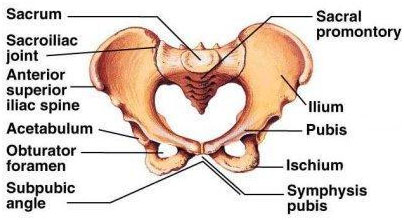
Joints and Ligaments of the pelvis
Joints and Ligaments-
There are four pelvic joints:
1- One symphysis pubic.
2- Two Sacroiliac joints.
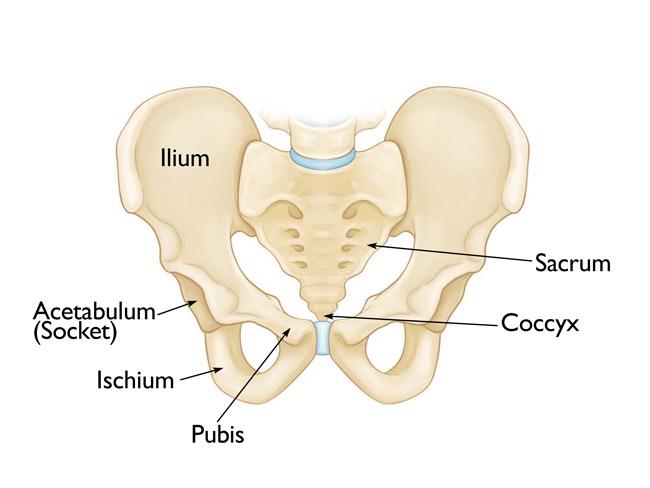
Pelvic Bones
Anatomy and Physiology of Female Reproductive system
Female Pelvis -
The pelvis is a basin-shaped structure that supports the spinal column and p...
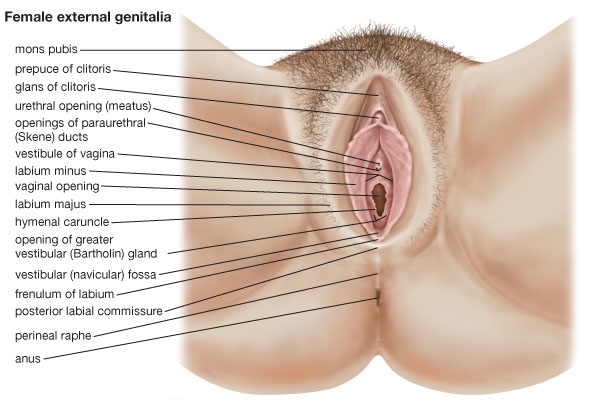
Anatomy of Female Reproductive Organs
The reproductive system or genital system is a system of sex organs within an organism which work together for the purpose of sexual reprodu...
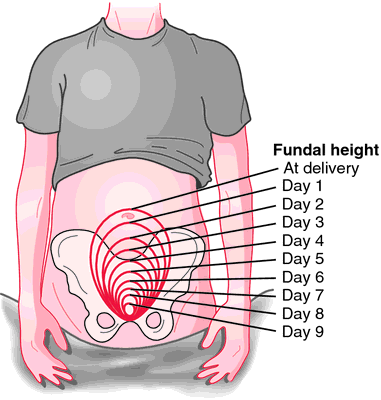
Subinvolution
Definition: When the involution is impaired or retarded, it is called subinvolution. The uterus is the most common organ affected in subinvolution. As it is the most accessible ...

Diagnosis of Pregnancy
Duration of pregnancy is 10 lunar months/9 calendar months and 7 days or 280 days/40 weeks. But true Gestation period is 266 days(280-14 days)and this is known as Fertilization or Ovulation age